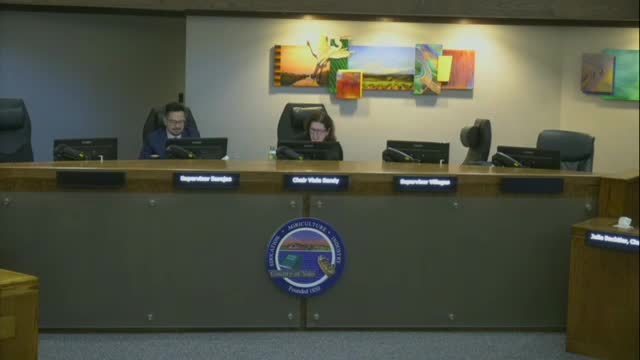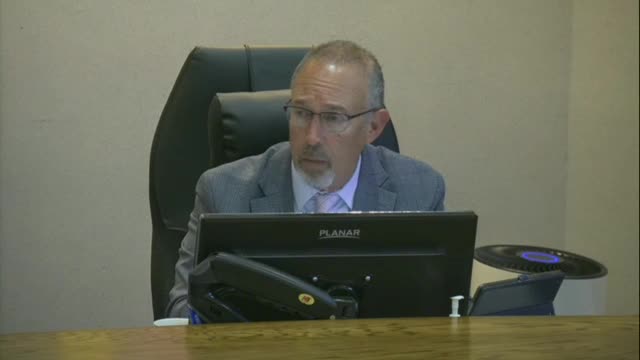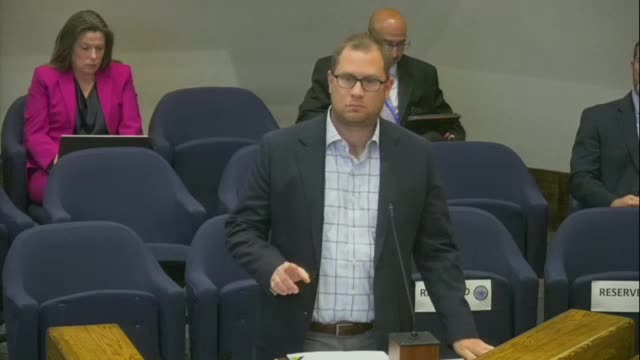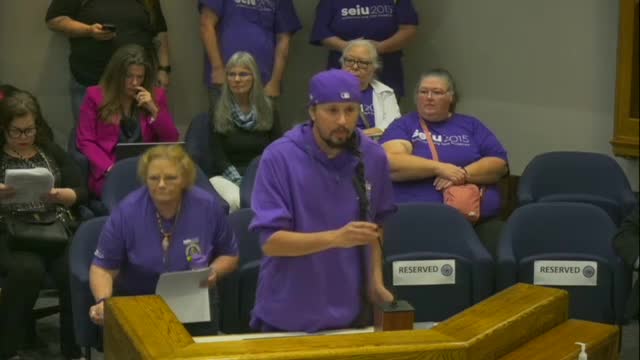Article not found
This article is no longer available. But don't worry—we've gathered other articles that discuss the same topic.

Yolo County outlines plan to close near‑$40 million budget gap; proposes reductions, one‑time funding and reserve use

Board approves MHSA innovation plan to join statewide SmartCare EHR; avoids reversion of $473,000

Board reallocates $3 million set for CrisisNow; $2 million to close budget gap, $1 million to pilot receiving‑center options

